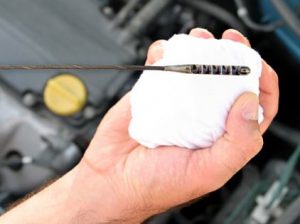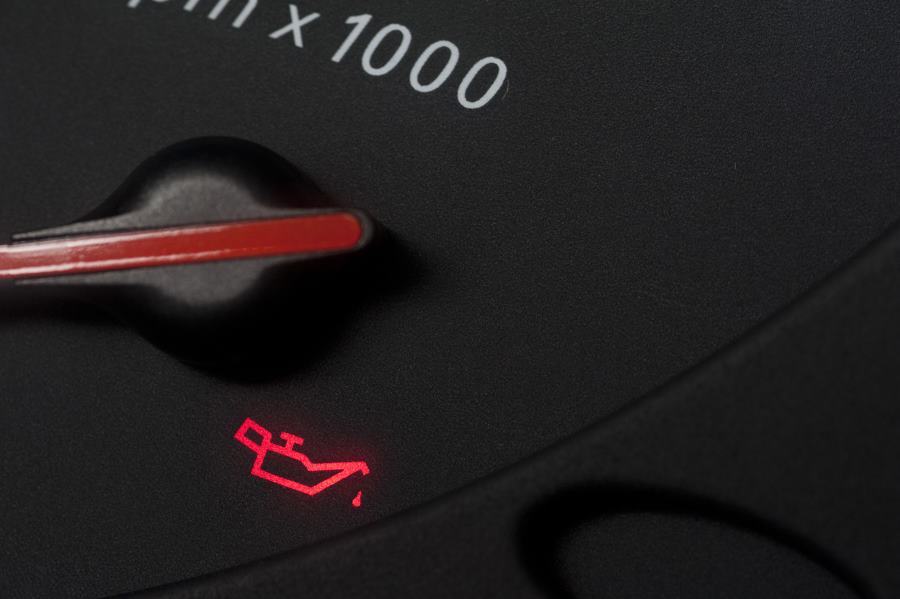About Oil Consumption – What’s Really Going On?

Alright, let’s get into it – keeping the oil up in your engine is just as important as putting fuel in the tank. Especially with all the stop-start Hamilton traffic up and down Wairere Drive or those bumpy backroads out Morrinsville way, oil keeps everything lubed up inside so nothing’s grinding where it shouldn’t be.
If you’re burning or losing oil faster than your regular ol’ service interval, that’s a sign something isn’t quite right. Loads of folk miss this till the engine starts making odd noises, or the old Toyota Aqua is pinging at them on a cold winter’s morning out in Ngaruawahia. That’s why we’re always telling people, check your engine oil level with the dipstick every now and again – it’s a simple thing that saves a heap of grief. There’s a handy guide here if you need a refresher: How to check your car’s oil levels >
What Causes Excessive Oil Consumption?
Now, let’s yarn about why your car might be munching through oil. We see all sorts: everything from Suzuki Swifts to the odd Volvo XC60 or even a late model Nissan Serena. Doesn’t matter if you’re running into Hamilton from Te Awamutu or just pottering round Glenview – these are common issues:
- Piston ring and cylinder wear: One of our techs pulled apart a Honda Jazz the other week, and the piston rings were buggered. Oil sneaks into the combustion bit and gets burned off. Not much you can do except rebuild or replace the worn bits.
- Valve seals and guides: Especially on older Euro stuff like Peugeots or even a Rav4 with some ks on the clock, the seals get hard or cracked. That lets oil slip down and burn with the petrol, usually more at start or when idling a lot.
- PCV system hassles: Seen this a few times – the positive crankcase ventilation (PCV) valve blocks up. Happened on a Mazda CX-5 last autumn, heaps of short runs and cold starts. When it jams, pressure builds and oil gets forced out where it shouldn’t.
- Leaky gaskets and seals: Climbing under the bonnet and spotting oil dripping on your driveway in Cambridge? Could be your rocker cover gasket, sump plug, even the oil filter not seated right. We see leaking on all makes, even the odd newish Hyundai Ioniq hybrid.
- Wrong oil or old oil: Putting thin oil in a high-k engine (say a Subaru Outback)? It’ll pass right by those tired seals. We always check oil grade during a car service Hamilton – makes a big difference.
- Aggro driving & dodgy conditions: Up and down Ulster Street, heavy towing, idling in foggy Matangi mornings. All that hot/cold and stop/go takes its toll, especially in hot weather or if you’re sitting in the slow crawl around The Base with the A/C on full blast.
How Do You Know You’ve Got an Oil Problem?
So what should you look (or listen, or sniff) out for? Here’s what our customers often notice first:
- The dipstick’s low all the time. If you’re having to top up between services, or the oil light flashes on, take notice!
- Smoke out the back. Blue-ish haze from your Nissan Leaf, especially on takeoff, is usually oil burning. Doesn’t smell great either.
- Gunky spark plugs. If your engine’s got a misfire and the plugs come out with oily black on them, oil’s getting somewhere it shouldn’t.
- Failed WOF or nasty smells. Sometimes it’s the emissions test, other times it’s just that gross burning oil whiff sitting at the lights on Normandy Ave.
- Overheating or running rough. Not enough oil means more friction, and that means extra heat. Even a little Hyundai Elantra will let you know when it’s not happy.
High Oil Use? Book in for Inspection & Diagnostics in Hamilton
If you reckon you’re using more oil than you should be, don’t leave it till the engine’s crook. We get all sorts through the shop – blokes, mums, students. Old-school Hiluxes, new Toyota Priuses, even the odd Peugeot from Gordonton. Our team will find what’s up, give it a proper check, and sort you out with a repair or oil change so you can get back to enjoying your drive – whether that’s the Southern Motorway run or navigating those pesky potholes down Peachgrove Road.
For reliable, practical help with everything from WOF Hamilton checks to hybrid repair and just keeping your car running smooth, come see us at Grimmer Motors. We’ll look after you, no worries.

